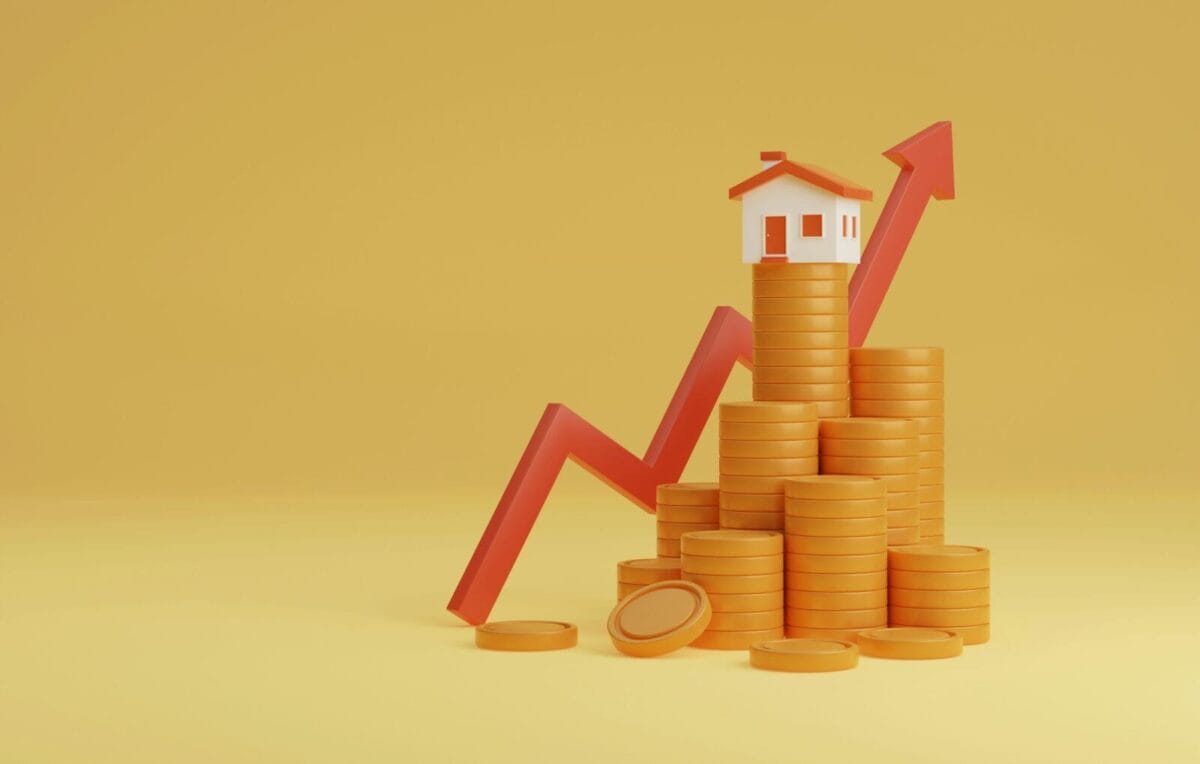After months of subdued activity, the UK housing market showed fresh signs of resilience in July, with average house prices rising by 0.4%—the strongest monthly increase recorded so far in 2025, according to Halifax’s latest House Price Index data. The uptick brings the average property price to £298,237, up from £297,157 in June. While the annual pace of growth eased slightly to 2.4% (from 2.7%), regional disparities remain, with Northern Ireland once again leading the UK in annual price gains.
Amanda Bryden, Head of Mortgages, Halifax, said:
“UK house prices rose in July, up by +0.4% (£1,080 in cash terms), the biggest monthly increase since the start of this year. The average house price is now £298,237, +2.4% higher than a year ago.
While the national average remains close to a record high, it’s worth remembering that prices vary widely across the country depending on a number of factors, not least location and property type.
Challenges remain for those looking to move up or onto the property ladder. But with mortgage rates continuing to ease and wages still rising, the picture on affordability is gradually improving.
Combined with the more flexible affordability assessments now in place, the result is a housing market that continues to show resilience, with activity levels holding up well.
We expect house prices to follow a steady path of modest gains through the rest of the year.”
Homeowners coming to the end of fixed-rate mortgage deals
Amanda continues: “The second half of this year will also see a notable rise in homeowners coming to the end of fixed-rate deals taken out during the pandemic-era property boom; a period marked by ultra-low interest rates and soaring house prices.
While most borrowers coming to the end of five-year fixed-rate mortgage deals will see their monthly repayments rise, the extent of this will vary across households. Those coming off a two year fixed-rate are very likely to see their monthly payments come down, as they originally locked in rates during the peak that followed the 2022 mini-budget. We’re unlikely to see a significant impact on house prices, but it may influence market dynamics if prospective home movers choose to delay plans as a result of tighter budgets.”

Nations and regions house prices
Northern Ireland continues to be the strongest performing nation or region in the UK – house prices here increased by +9.3% over the past year. The typical home now costs £214,832.
Scotland also recorded positive house price growth in July, increasing by +4.7% with average prices now at £215,238.
Property prices in Wales saw a rise, up +2.7%, to an average of £227,928.
Among English regions, the North West and Yorkshire & the Humber have the highest rate of property price inflation, up +4.0% over the last year to £242,293 and £215,532 respectively.
The South West, London and the South East continue to see moderate growth, with prices rising by just +0.2% and +0.5% respectively. London remains the most expensive part of the UK, now averaging £539,914.















